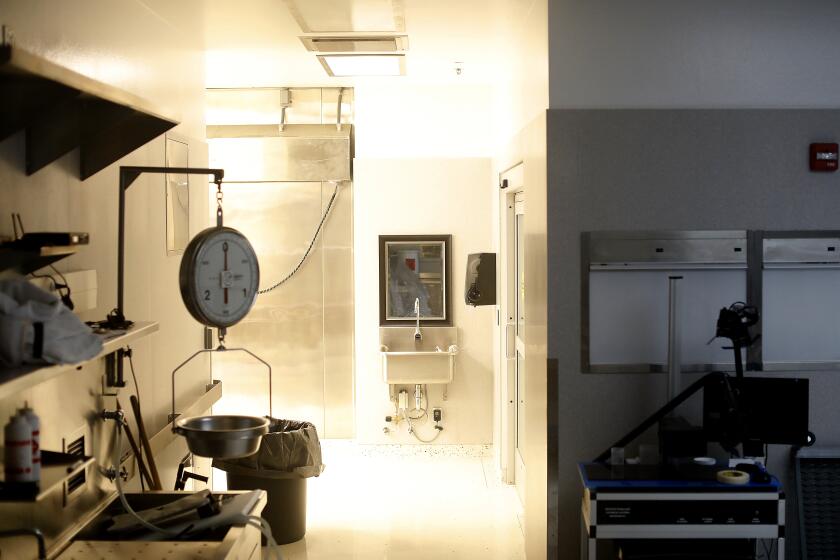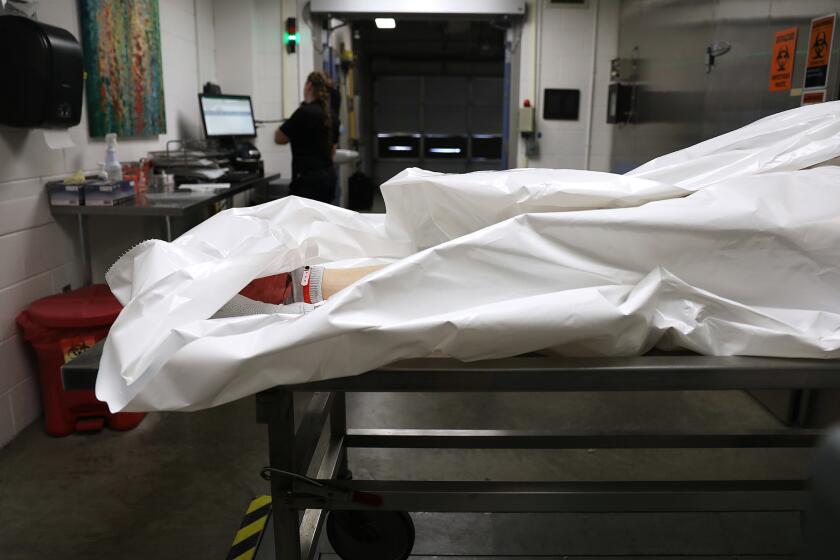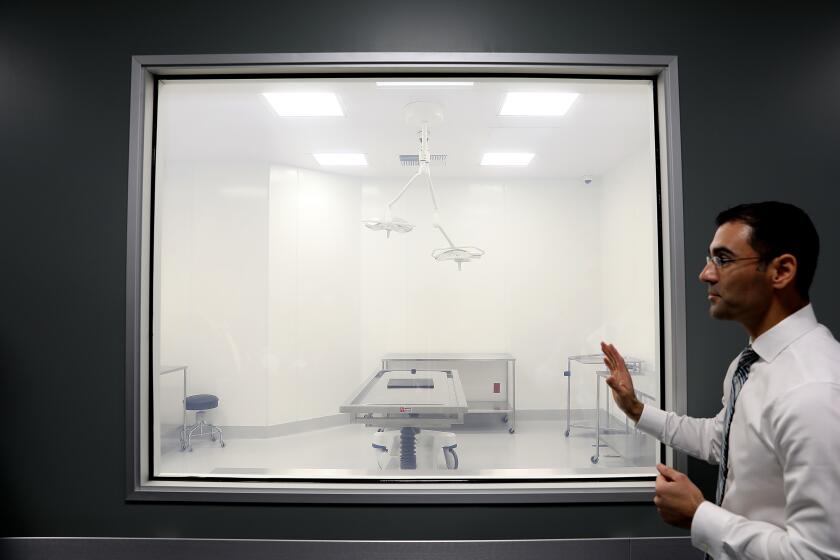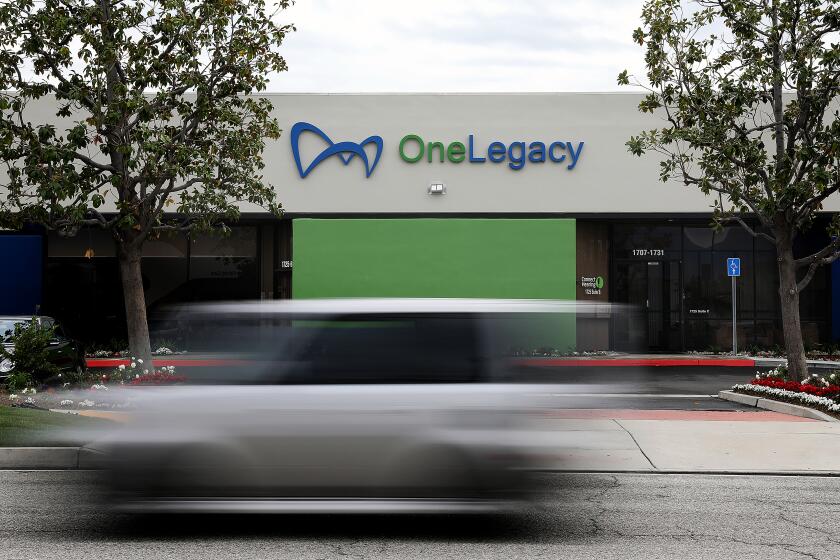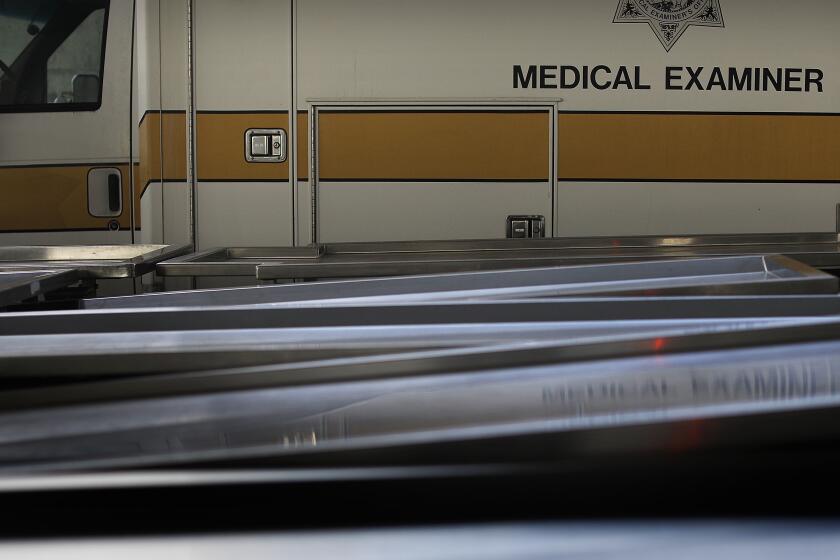Worried about how your body parts will be used? Here’s what you can do
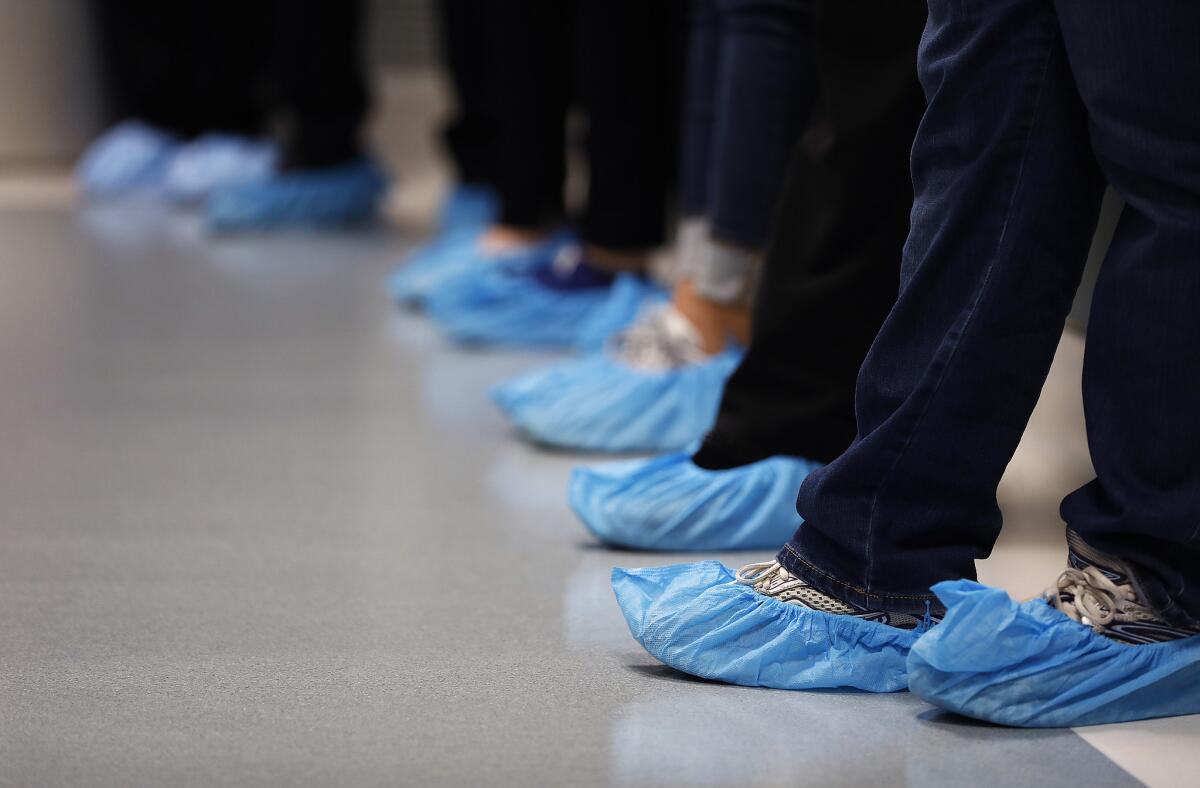
Thousands of Americans need replacement organs, which is one reason the procurement industry wants to enlist everyone as donors. The companies spend tens of millions of dollars each year on advertisements and other promotions aimed at getting you to “Donate Life” and sign up.
The reality of body-parts donation is more complicated. When you sign up, you might be giving the industry the rights to more than your organs. The procurement companies can also harvest your skin, bones and other tissues, which have many surgical uses, including cosmetic enhancements.
In California, you have options. You can specify which organs and tissues you don’t want to donate. For example, if you want to donate organs but not tissues, the official form allows you to exclude bones, skin and other tissues by checking the box next to each one.
You can choose other limitations. For example, you can check a box to say that your skin may be used only “for lifesaving and reconstructive purposes.” This would seem to exclude cosmetic surgery, but the industry does not track where the skin ultimately ends up, leaving it unclear whether your designation will be fulfilled.
The form also allows you to designate that your tissues will be donated “only to nonprofit organizations.” Again this only goes so far because of the industry’s lax tracking of body parts.
Unlike tissues, organs are closely tracked. If you become an organ-only donor, you can decide whether you are comfortable with allowing your organs to also be used for research by scientists, the military or corporations if they aren’t viable for transplant.
Understand, though, that after signing up, your family cannot stop the donation — even if they believe it could get in the way of the ability of the coroner to determine why you died. Let your family know of your desire to be an organ or tissue donor so they aren’t surprised when a procurement company quickly gets access to your body after you die.
Parents should also be aware that the companies are now visiting California classrooms and encouraging teens to sign up. The industry-managed website donatelifecalifornia.org states that anyone “between 13 and 17 years old” can sign up as a donor, although their parents must make the final decision until they turn 18.
This language goes beyond what is allowed by California law, which states that minors can sign up starting at age 15. Asked why the website was encouraging 13- and 14-year-olds to sign up, a spokesman for donatelifecalifornia.org said that “completing the Donate Life California registration as a minor simply documents intent, not eligibility” because parents must agree to the donation if the teens die before age 18.
More to Read
Inside the business of entertainment
The Wide Shot brings you news, analysis and insights on everything from streaming wars to production — and what it all means for the future.
You may occasionally receive promotional content from the Los Angeles Times.

